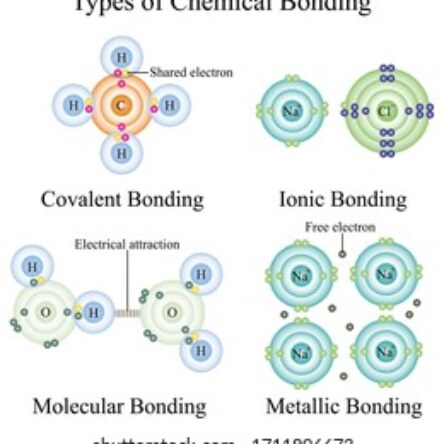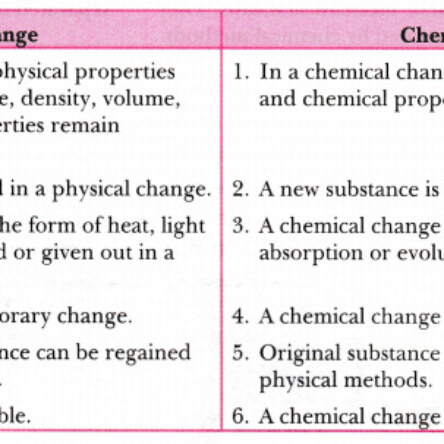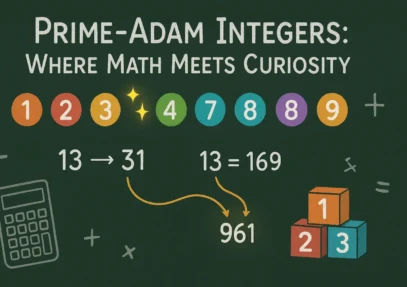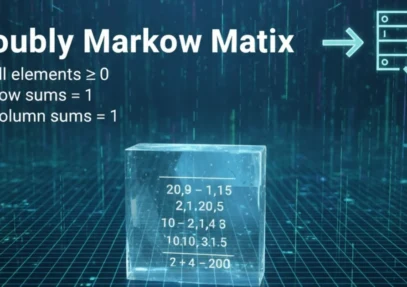Why is Lord Rama referred to as “Maryada Purushottam”?
The celebration of Corpus Christi and the doctrine of Transubstantiation were deeply intertwined with the development of English drama, particularly in the Middle Ages. Here's how they are connected: 1. Corpus Christi Feast and Liturgical Drama Corpus Christi is a feast celebrating the belief in theRead more
The celebration of Corpus Christi and the doctrine of Transubstantiation were deeply intertwined with the development of English drama, particularly in the Middle Ages. Here’s how they are connected:
1. Corpus Christi Feast and Liturgical Drama
- Corpus Christi is a feast celebrating the belief in the real presence of Christ in the Eucharist, emphasizing the doctrine of Transubstantiation (the transformation of bread and wine into the body and blood of Christ).
- Instituted in the 13th century and popularized by the Catholic Church, the feast became a focal point for religious expression and public worship. The day often involved elaborate processions and dramatizations that aimed to teach and reaffirm Christian beliefs among the largely illiterate population.
- These dramatizations evolved into Corpus Christi plays, which were cycles of mystery plays performed in towns across England. The plays depicted stories from the Bible, from Creation to the Last Judgment, and served as a visual catechism for the community.
2. Reinforcement of Religious Doctrine
- The doctrine of Transubstantiation, central to the celebration of Corpus Christi, highlighted the tangible presence of Christ in the world. This theological focus influenced the realism and devotional intensity of the plays.
- The plays were designed to make sacred events accessible and emotionally impactful, mirroring the spiritual reality of the Eucharist in a theatrical form. For example, scenes like the Last Supper often emphasized Christ’s words, “This is my body,” linking the plays to the feast’s doctrinal significance.
3. Processional Nature of Performances
- Corpus Christi plays were often performed as part of processions, a format that aligned with the liturgical tradition of the feast. These processions mirrored the Eucharistic processions of Corpus Christi, with each play or tableau acting as a “station” in a spiritual journey.
- The guilds of various trades were responsible for staging different parts of the biblical cycle, fostering civic participation and community identity, which became a hallmark of early English drama.
4. Legacy and Influence on English Drama
- The dramatic traditions rooted in Corpus Christi celebrations laid the groundwork for later developments in English drama, particularly in their use of secular and sacred elements to engage audiences.
- Over time, these religious dramas began incorporating more secular and comedic elements, eventually influencing the secular morality plays and, later, Elizabethan theatre. Themes of morality, redemption, and human fallibility—central to the mystery plays—were carried forward into the works of playwrights like Christopher Marlowe and William Shakespeare.
The celebration of Corpus Christi and its focus on Transubstantiation provided the theological and cultural foundation for the mystery play cycles, which became a pivotal phase in the evolution of English drama. These plays not only taught religious doctrine but also laid the groundwork for theatrical traditions that evolved into the rich tapestry of English Renaissance drama.
See less










Lord Rama is referred to as “Maryada Purushottam” because he is considered the ideal man (Purushottam) who upheld the highest standards of dharma, ethics, and responsibilities (Maryada) in every aspect of his life. This title reflects his embodiment of virtue, self-discipline, and unwavering commitmRead more
Lord Rama is referred to as “Maryada Purushottam” because he is considered the ideal man (Purushottam) who upheld the highest standards of dharma, ethics, and responsibilities (Maryada) in every aspect of his life. This title reflects his embodiment of virtue, self-discipline, and unwavering commitment to righteousness. Here’s an explanation of why this title is attributed to Lord Rama:
1. Upholding Dharma (Righteousness)
2. Ideal Son
3. Ideal Husband
4. Ideal Brother
5. Ideal King
6. Sacrifice for the Greater Good
7. Perfect Balance Between Emotion and Duty
8. Embodiment of Self-Control and Patience
The title “Maryada Purushottam” symbolizes Lord Rama’s role as the ultimate human being who followed dharma in every facet of life. He serves as a timeless role model, embodying the virtues of honesty, compassion, humility, and selflessness, inspiring people to strive for moral and ethical excellence.
See less